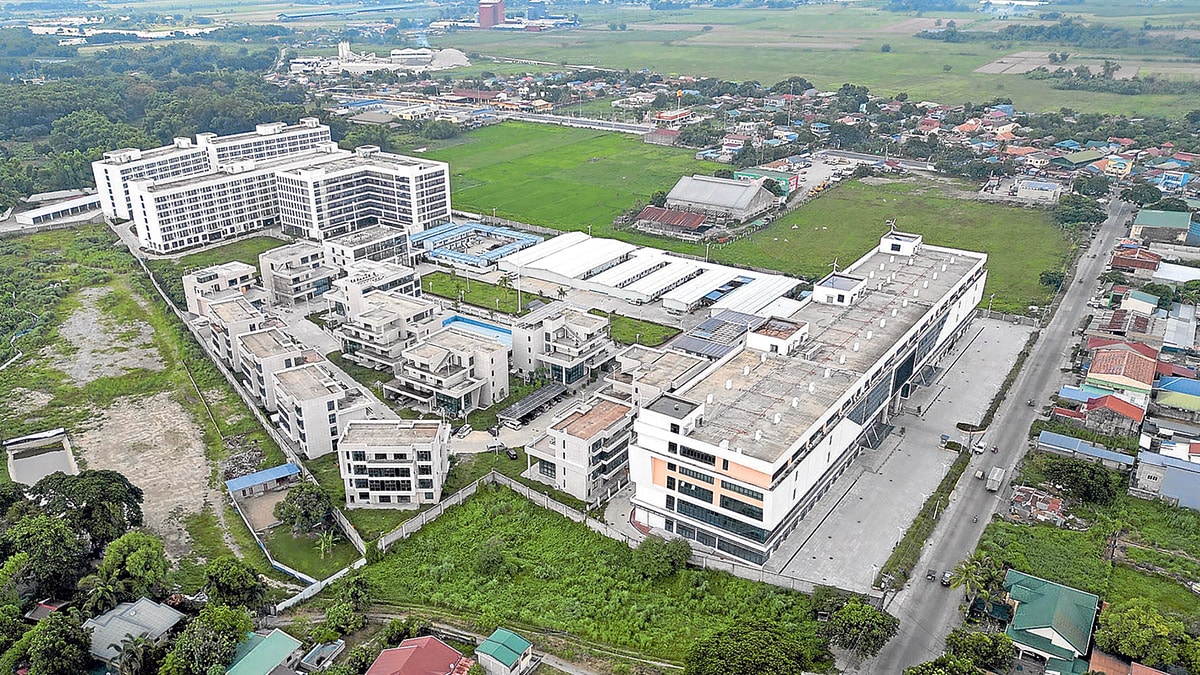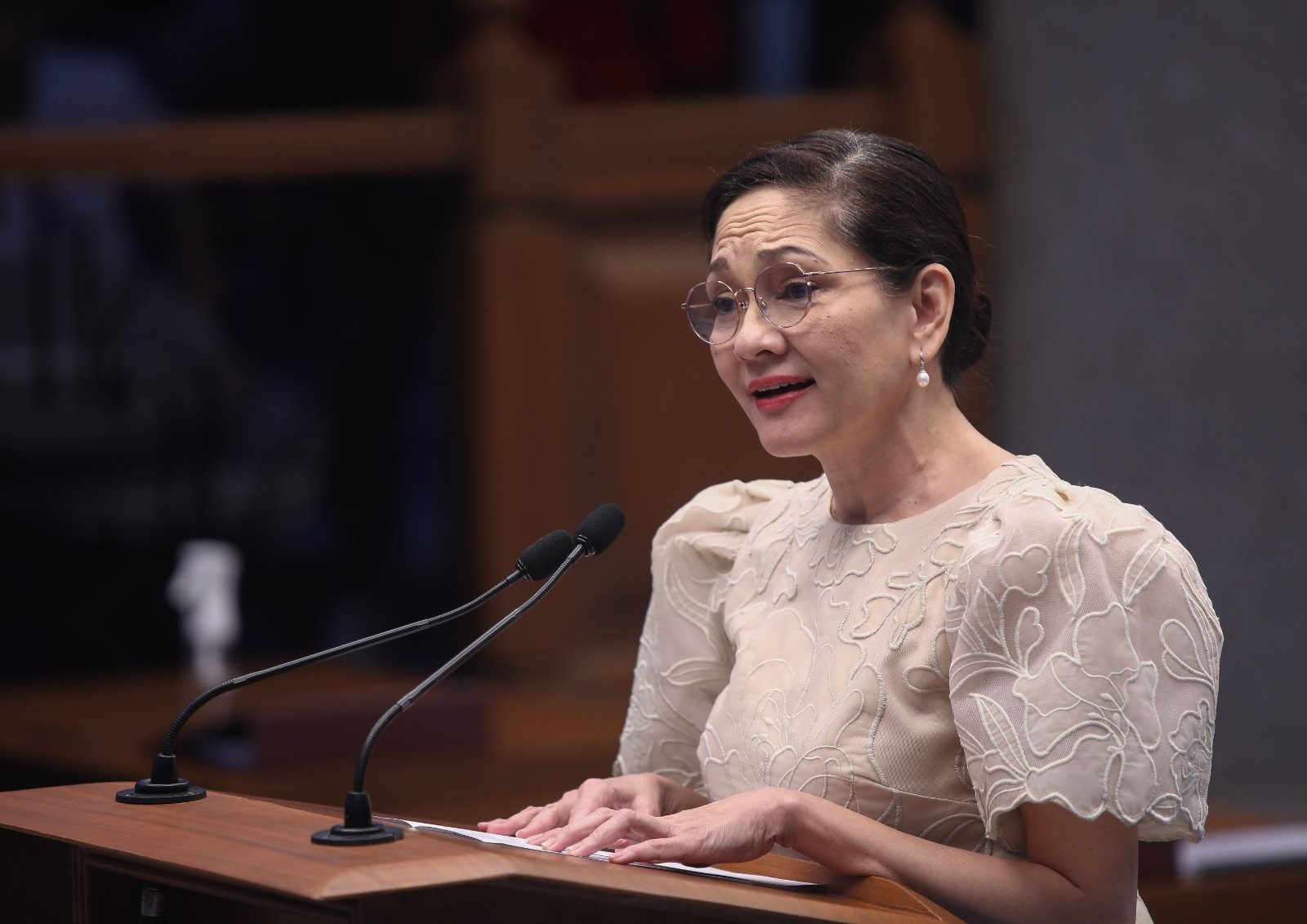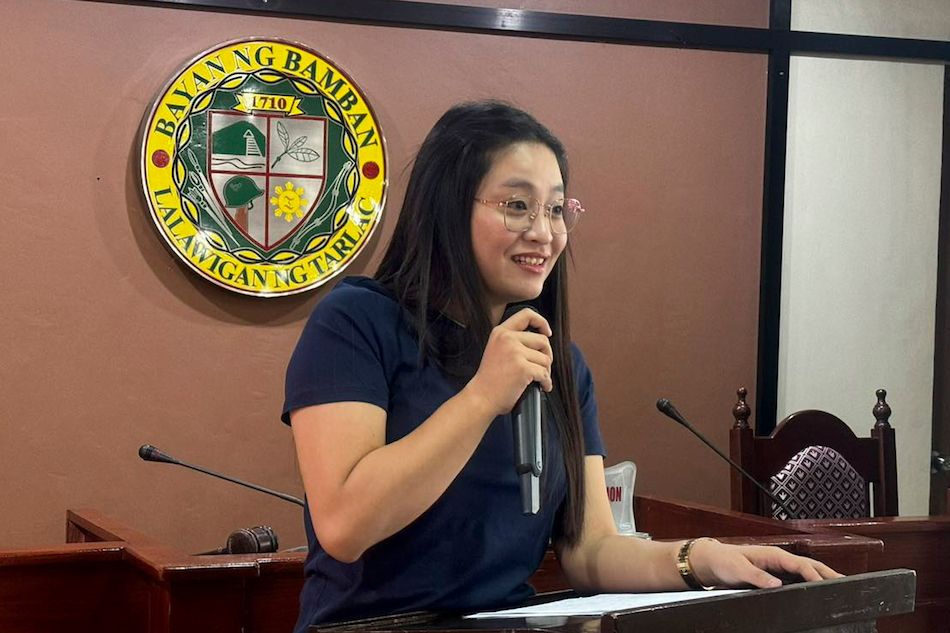MANILA, Philippines — Former Bamban, Tarlac mayor Alice Guo has been sentenced to life imprisonment after a Pasig City court found her guilty of qualified human trafficking, marking one of the most high-profile convictions linked to the Philippine government’s crackdown on illegal Philippine Offshore Gaming Operator (POGO) hubs.
The decision stems from a raid in June 2024 inside the Baofu compound in Bamban, where authorities rescued more than 800 Filipino and foreign workers who were allegedly trafficked and forced to engage in scam operations. The court concluded that Guo and several of her co-accused organized and maintained a system of exploitation inside the facility, justifying the imposition of reclusion perpetua.

Along with the life sentence, Guo and her co-defendants were ordered to pay ₱2 million in fines for each count and provide compensation to the survivors. The court also forfeited the entire Baofu property to the government and revoked the registration of related companies, including Baofu Land Development Inc., Hongsheng Gaming Technology Inc., and Zun Yuan Technology Inc.
A Controversial Political Figure
Guo, who was earlier removed from her mayoral post after a separate ruling declared her “undoubtedly Chinese” and ineligible to hold local office, has repeatedly denied accusations that she is a foreign national or that she is involved in criminal operations. Her identity and alleged ties to Chinese-run POGO hubs have been the subject of intense political scrutiny since the 2024 Senate hearings, where she failed to fully explain her background and financial connections.

The court case consolidates multiple accusations against her, portraying Guo as a central figure in a syndicate that recruited, transported, and held workers in abusive conditions. Prosecutors said the trafficked workers were subjected to long working hours, surveillance, and coercion as part of a large-scale scam operation catering to international victims.
Co-Accused Also Convicted
Seven other individuals — a mix of Filipino and Chinese nationals — were convicted alongside Guo for organizing or directly engaging in trafficking activities. Authorities hailed the ruling as a strong message that the government is serious about dismantling criminal networks linked to POGOs.

Presidential Anti-Organized Crime Commission (PAOCC) officials described the verdict as “a victory for all victims of trafficking,” emphasizing the inter-agency effort that led to the successful prosecution.
Guo is expected to be transferred to the Correctional Institution for Women (CIW) in Mandaluyong to serve her sentence.
The Search for Cassie Ong
The conviction has revived questions about Cassandra “Cassie” Li Ong, another figure tied to illegal POGO operations. Ong, linked to the Lucky South 99 hub in Porac, Pampanga, is facing similar qualified trafficking charges but has not been arrested. Authorities, including Senator Sherwin Gatchalian, confirmed that she remains at large despite multiple efforts to locate her.

Ong and Guo were previously included together in a money-laundering complaint filed by the Anti-Money Laundering Council, PAOCC, and the National Bureau of Investigation. The case against Ong is still pending, and her continued absence has drawn criticism from lawmakers who warn that she may have fled the country.
Wider Implications for POGO Crackdowns
Guo’s conviction is viewed as a significant victory for anti-trafficking and anti-POGO advocates, who have long warned that illegal online gaming hubs have become entry points for transnational crime, money laundering, and human trafficking. Lawmakers reiterated calls for stricter monitoring of special economic zones and potential legislation banning POGOs altogether.

Senator Risa Hontiveros, who led Senate inquiries into POGO-linked crimes, welcomed the decision, saying it affirms the experiences of survivors and proves that “no one is too powerful to be held accountable.”
As Guo begins serving her sentence, authorities are expected to intensify efforts to track down her alleged associates, including Cassie Ong, and investigate the broader network of POGO-related operations still active across the country.







